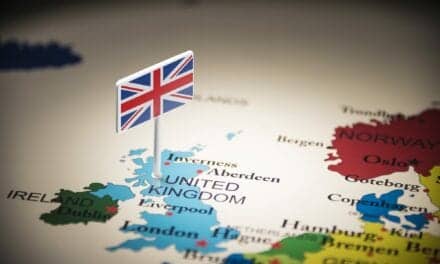According to research published in Nutrients, people who drank 1+ cups of coffee per day had approximately a 10% decreased risk of COVID-19 infection compared to people drinking fewer than one cups of coffee per day.
Researchers compared dietary habits of people in the United Kingdom, including coffee and meat consumption, and whether they were breastfed as infants. According to results, after multivariable adjustment, the odds (95% CI) of COVID-19 positivity was:
- 0.90 (0.83, 0.96) when consuming 2–3 cups of coffee/day (vs. <1 cup/day),
- 0.88 (0.80, 0.98) when consuming vegetables in the third quartile of servings/day (vs. lowest quartile),
- 1.14 (1.01, 1.29) when consuming fourth quartile servings of processed meats (vs. lowest quartile), and
- 0.91 (0.85, 0.98) when having been breastfed (vs. not breastfed).
From the study:
In the UKB, habitual consumption of 1 or more cups of coffee per day was associated with about a 10% decrease in risk of COVID-19 compared to less than 1 cup/day. Coffee is not only a key source of caffeine, but contributes dozens of other constituents; including many implicated in immunity. Among many populations, coffee is the major contributor to total polyphenol intake, phenolic acids in particular. Coffee, caffeine, and polyphenols have antioxidant and anti-inflammatory properties. Coffee consumption favorably correlates with inflammatory biomarkers such as CRP, interleukin-6 (IL-6), and tumor necrosis factor α (TNF-α), which are also associated with COVID-19 severity and mortality. Coffee consumption has also been associated with lower risk of pneumonia in elderly. Taken together, an immunoprotective effect of coffee against COVID-19 is plausible and merits further investigation.










